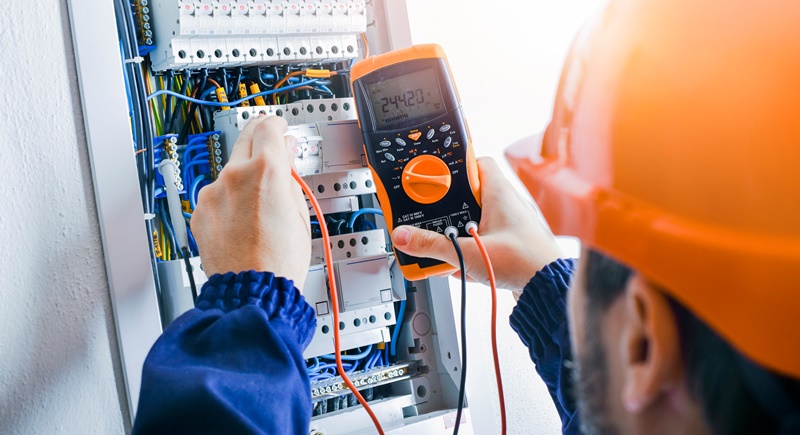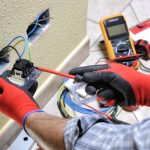Electric motors are critical components in various industries, from manufacturing to transportation. However, they are also prone to failure, which can lead to costly downtime and repairs. In this blog post, we will explore the root causes of electric motor failure and provide preventive measures to ensure their longevity.
- Overheating
Overheating is one of the most common causes of electric motor failure. It can be caused by several factors, such as overloading, poor ventilation, and high ambient temperatures. When an electric motor overheats, it can damage the insulation, bearings, and windings, leading to premature failure.
Preventive measures: Regular maintenance and inspection can help prevent overheating. Ensure that the motor is properly ventilated and not overloaded. Use temperature sensors to monitor the motor's temperature and shut it down if it exceeds the recommended limit.
- Contamination
Contamination can also cause electric motor failure. Dirt, dust, and other debris can accumulate on the motor's surface and penetrate the bearings, causing friction and wear. This can lead to premature failure of the bearings and other components.
Preventive measures: Regular cleaning and maintenance can help prevent contamination. Use proper sealing and shielding to protect the motor from dust and debris. Use high-quality lubricants to reduce friction and wear.
- Electrical Issues
Electrical issues such as voltage spikes, surges, and electrical noise can also cause electric motor failure. These issues can damage the insulation, windings, and other components, leading to premature failure.
Preventive measures: Use surge protectors and voltage regulators to protect the motor from electrical issues. Ensure that the motor is properly grounded and that the electrical system is properly maintained.
- Mechanical Issues
Mechanical issues such as misalignment, unbalanced loads, and vibration can also cause electric motor failure. These issues can cause excessive wear and tear on the motor's components, leading to premature failure.
Preventive measures: Regular maintenance and inspection can help prevent mechanical issues. Ensure that the motor is properly aligned and that the loads are balanced. Use vibration sensors to monitor the motor's vibration and shut it down if it exceeds the recommended limit.
In conclusion, electric motor failure can be caused by several factors, including overheating, contamination, electrical issues, and mechanical issues. Preventive measures such as regular maintenance, inspection, and monitoring can help ensure the longevity of electric motors. By understanding the root causes of electric motor failure and taking preventive measures, industries can reduce downtime and repair costs, and improve their overall efficiency.



Average Rating